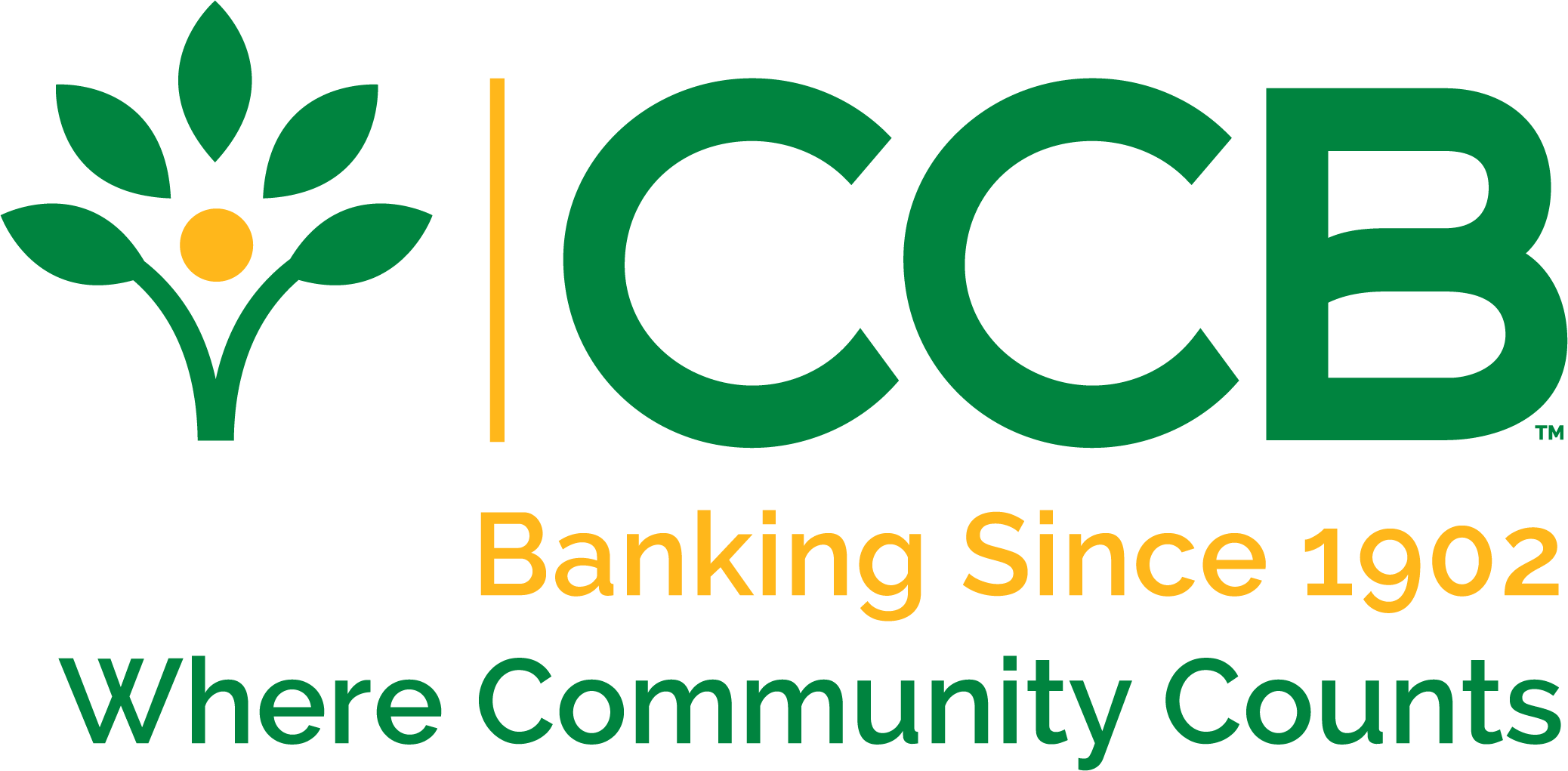Preserving Your Finances: Understanding the Perils of Phishing and Safeguarding Your Bank Account
Today, we’re shedding light on the threat known as phishing and sharing the measures you can take to protect your personal information, and in turn, your valuable bank accounts.
What is Phishing?
To state it plainly, phishing is a cybercrime wherein malicious actors assume the guise of trusted entities, such as banks or reputable institutions, with the intent of deceiving individuals into revealing sensitive information. These folks employ deceptive emails, messages, or websites, artfully crafted to resemble legitimate sources to fool you into giving your information out by thinking they are from a source you
trust.
Ways to prevent falling prey to phishing attempts:
- Exercise Prudence with Unsolicited Requests: Use extreme caution when encountering unsolicited emails or messages, particularly those that urgently solicit personal information or login credentials. It is essential to recognize that established organizations, including CCB, seldom request sensitive data via email.
- Vigilance for Spelling and Grammar Errors: Remain attentive to grammatical discrepancies and typographical errors within phishing emails. Authentic communications from reputable institutions uphold a standard of professionalism, and as discerning recipients, we should be mindful of such indicators.
- Careful Scrutiny of URLs: Carefully examine web addresses/URLs in emails before engagement. Hovering the cursor over links reveals their actual destinations. Any URLs appearing dubious or deviating from CCB’s official website should warrant caution.
- Prudence in Pop-Up Encounters: Exercise discernment when confronted with pop-up windows urging the immediate provision of personal information. It is advisable to close such windows and access the official website directly to verify the authenticity of any requests.
- Exercising Caution with Emotional Appeals: Examine carefully when confronted with emotionally manipulative appeals. Phishers may resort to tactics that instigate fear or excitement, such as alarming notifications or fraudulent claims of winnings. Resisting impulsive reactions to such emotional triggers is prudent.
- Maintaining Updated Software: Embrace the practice of regular updates to operating systems, web browsers, and security software. Such updates often address vulnerabilities that phishers exploit to gain unauthorized access.
- Timely Reporting of Suspected Phishing Attempts: In the event of encountering a phishing attempt, expediently report the incident to CCB, or the provider of the affected information/account. Timely reporting contributes to prompt action against cybercriminals and affords protection to potential targets.
A Note about Text Message Communications
** At this time, CCB is not currently offering text banking as a form of communication with our customers. If and when we do, you will be notified in advance of this feature and be offered an “opt-in” option. CCB will never request that you enter full account detail, including your login information, to identify you. If you receive a text message prior to any enhancements we communicate, please follow the security precautions below. CCB keeps your security as our primary focus, and we value your trust in choosing us as your community bank.
If you have received a text message, do not respond, forward or click on any links included in the message. Please notify CCB that a message has been received. You may review your account details through your mobile app or online at www.countonccb.com. If you have a transaction in question, please contact us at 1- 800-882-9903.**
In conclusion, to avoid becoming a victim of phishing, always be careful, never give your information out to anyone other than a trusted and verified source, and ALWAYS contact CCB with any questions- we’re happy to help!
